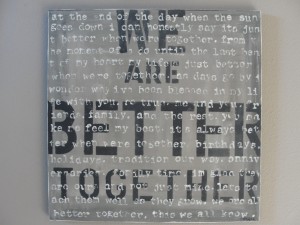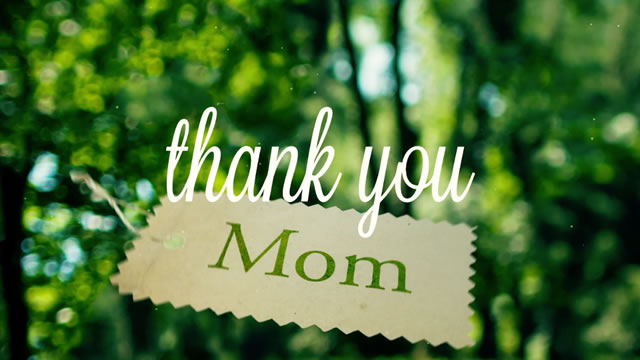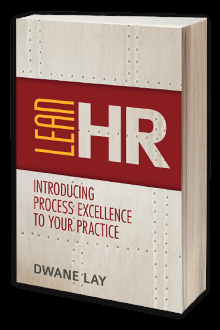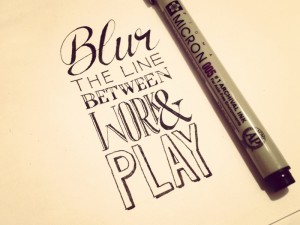SHRM13 has wrapped up and it was honestly the best National SHRM Conference I’ve attended. The vibe was cool and people seemed to be at ease and engaged at the same time. Just prior to the Conference kicking off, my good friend, Mark Stelzner, put a challenge out on Facebook to see if anyone could come away from the event with 5 new ideas.
I loved the challenge and responded immediately. Now, let’s get the “there are no new ideas” cynicism out of the way. This may be inherently true, but you have to remember that the HR universe is a gigantic bell curve !! The conference had folks from those new to the field to CHRO’s. The idea of “new” is really dependent upon the individual and not whether you think it’s new or not.
Too often we read blogs and think everyone’s heard that before !! I think you need to rethink that because as much as we’d like to think we carry a broad swath of our profession, we are reaching a truly engaged minority. That is very cool, but we aren’t going as deep as we can. This was reflected in the myriad of people who flocked to the transactional HR sessions because I’m sure it was important to their role. I went to others that reflected mine. That’s not being critical – that’s being practical.
 Now to the five new ideas !! (at least to me)
Now to the five new ideas !! (at least to me)
#1 – HR needs to be integrated throughout business not just “know” the business.
There were a billion sessions who broke Matt Stollak’s rule of saying “seat at the table,” but they weren’t encouraging it, they were noting that this wasn’t enough (and in actually never has been). The C-Suite expects HR to be woven throughout the organization – not just show up at Executive meetings.
#2 – Giving shouldn’t just be done by writing a check.
Listening to Blake Mycoskie was so refreshing !! To see someone from Gen Y who is truly reflective of a success story of his generation was cool. During his presentation he showed how a company can be profitable and giving simultaneously. Also, the expectation that his employees are all in on the efforts of Toms gives folks a great model of living a culture vs. trying to program it.
#3 – No one is as dumb as all of us.
Other than being incredibly inspirational, listening to Mark Kelly speak was very grounding. He noted that this saying was on the wall at NASA after the Challenger tragedy. It warns us that group-think is more dangerous than an individual idea. Too often HR jumps into a group decision in order to tag along in organizations. Be wary of this and truly review all ideas that come down the pike.
#4 – We’re all in sales.
Daniel Pink was phenomenal !! His ideas that “we’re all in sales” isn’t particularly new. But he noted that few truly practice this approach. For HR to be integrated (see #1), you need to sell what you’re company does. In fact, Jennifer McClure noted in her session that she wanted to see Businesspeople who practice HR vs. HR people who happen to know the business.
#5 – Surround yourself with leaders.
Jen McClure provided a completely different ending to her phenomenal session when she encouraged people to surround themselves and get connected to people who are leaders in HR. This wasn’t just the same old – follow people who are well known. It was a stronger approach to get truly connected to HR practitioners who show they are leading in the field. The folks she listed are givers. They make sure to give first to all those that connect with them.
#6 – HR people want to connect with others, but they don’t know how.
(Bonus Idea) 15,000+ folks wandered through the halls of McCormick Place for SHRM13, and I tried my best to encounter and meet as many as I could. There was a sense that people wanted to meet others, but they didn’t seem willing to step out and make that happen. At each session I attended, I introduced myself to all those around me and asked their state, city, role, etc. and then listened to their story. I also did this on the elevator, escalator, hallways, HRCI Hideaway, Blogger’s Lounge and SHRM Volunteers Leaders lounge. This isn’t to brag. It’s to give you an idea of the vastness of the number of HR folks who aren’t being reached. True, they’re attending and getting their credits, but their sphere of connectivity was limited in general. There are many, like me, who were trying to meet folks and change this paradigm, but it’s still an uphill opportunity that is exhilarating !!
Whew !! This post is almost as long as the Conference. I didn’t even talk about the great SHRM Kickball game, the incredible vendor hall and the unforgettable SHRM Tweetup !! Another day.
In the end, the whole thing rocked !! I came home even more geeked than when I went. Seeing old friends, making new ones and being a part of the future of HR is energizing. Stay tuned !!!









